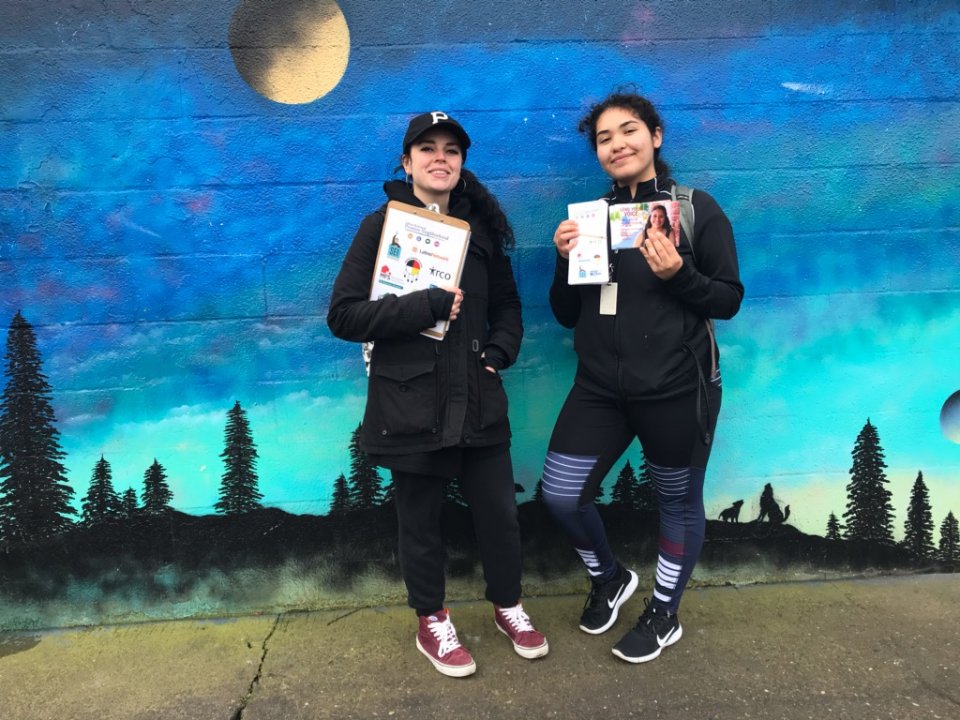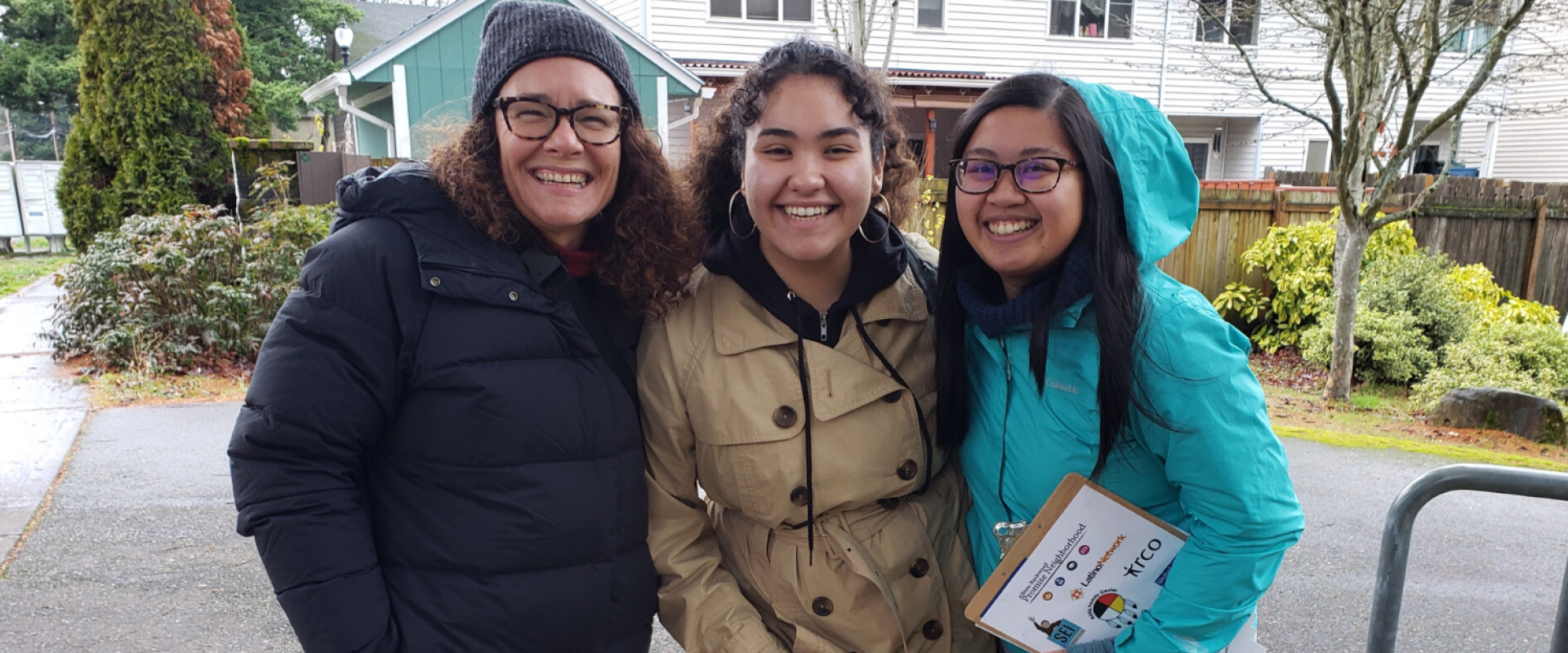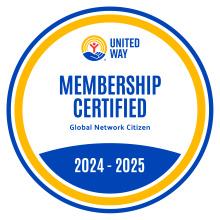Wednesday, Mar. 11, 2020
“People shouldn’t have to work to feel welcome in their homes. Community is not a privilege,” Carolina Maria Ruiz, United Way Lead Community Researcher, states.
“It’s one thing to learn about gentrification and displacement in my college courses. It’s another to move from abstract statistics to talking with real people, families who are facing challenges right now,” Carolina continues.
As a Lead Community Researcher, that’s exactly what Carolina does weekday evenings and on her weekends: she leads teams of researchers and volunteers, completing surveys to understand how the Albina Rockwood Promise Neighborhood Initiative (ARPNI) can better serve kids and families.
ARPNI is a U.S. Department of Education grant to support neighborhoods of opportunity by providing a continuum of school readiness and academic services, and family and community supports to children from early childhood through college—and beyond.
Led by Self Enhancement, Inc. (SEI), Albina Head Start, Immigrant Refugee Community Organization (IRCO), Latino Network, Metropolitan Family Services (MFS), Native American Youth Association (NAYA), United Way, Portland Public Schools, and Reynolds School District are implementing ARPNI over the next four years.
United Way is spearheading the research component of ARPNI, surveying community members in the Albina and Rockwood neighborhoods and surveying students at the Reynolds and Portland Public School Districts. In collaboration with Portland State University, nonprofit partners, and the U.S. Department of Education, United Way developed the ARPNI surveys, aligning questions with community priorities and key programs areas, like neighborhood safety, affordable housing, and school activities.
“I’m a Hispanic Studies Major at Lewis & Clark and spend my class time learning about the histories of our communities and why things are the way they are. [ARPNI] helps me see the consequences of policies and programs of the past—and gives me a chance to make a difference right now,” Carolina states.
“I remember the first survey I administered in Spanish. It was with a busy mom who just didn’t know about the resources available through United Way and our partners. It made such a difference to her that someone was there to help and that there are options out there, people who care,” Carolina continues.

This isn’t Carolina’s first time knocking on doors to understand what community members want and to encourage residents to share their experiences. Carolina started grassroots organizing with her brother, Enrique Ruiz. Both siblings are continuing to build power alongside communities: Carolina with ARPNI and Enrique at PCUN: Pineros y Campesinos Unidos del Noroeste.
“My brother has been such a positive influence on me. He is leading the Census 2020 work at PCUN and the Census is such an essential survey for the Latino community, or any marginalized community, to get the resources they need, to know they matter and belong,” Carolina explains.
Serving as the fiscal agent and backbone of the Oregon Census Equity Fund, United Way is committed to a fair and accurate census count, recognizing the critical nature of the census to the populations we serve.
“ARPNI and OCEF are two examples of how our Community Impact program at United Way supports kids and families in communities of color. Community members are experts in their own experiences. We are here to listen and to make sure their voices, and their solutions, are leading the conversation,” United Way Chief Impact Officer Amanda Whalen states.
“It’s not only about the immediate needs United Way addresses through our Stable Families Fund. Our work is focused on changing policies, systems, and environments for better results tomorrow. It’s important, challenging work that we need to do together, with nonprofits, businesses, philanthropic leaders, and community members,” Amanda explains.
Whether it’s packing supplies for Community Researcher teams or conducting surveys over the phone, Carolina is always thinking about how best to build equitable communities.
“Neighborhoods are places where change happens. I’m excited to be out in the field and coordinating behind the scenes because I know what we are doing is making a difference for the families we meet today and the families who live in these communities in the future,” Carolina states.
Learn more about the ARPNI.


